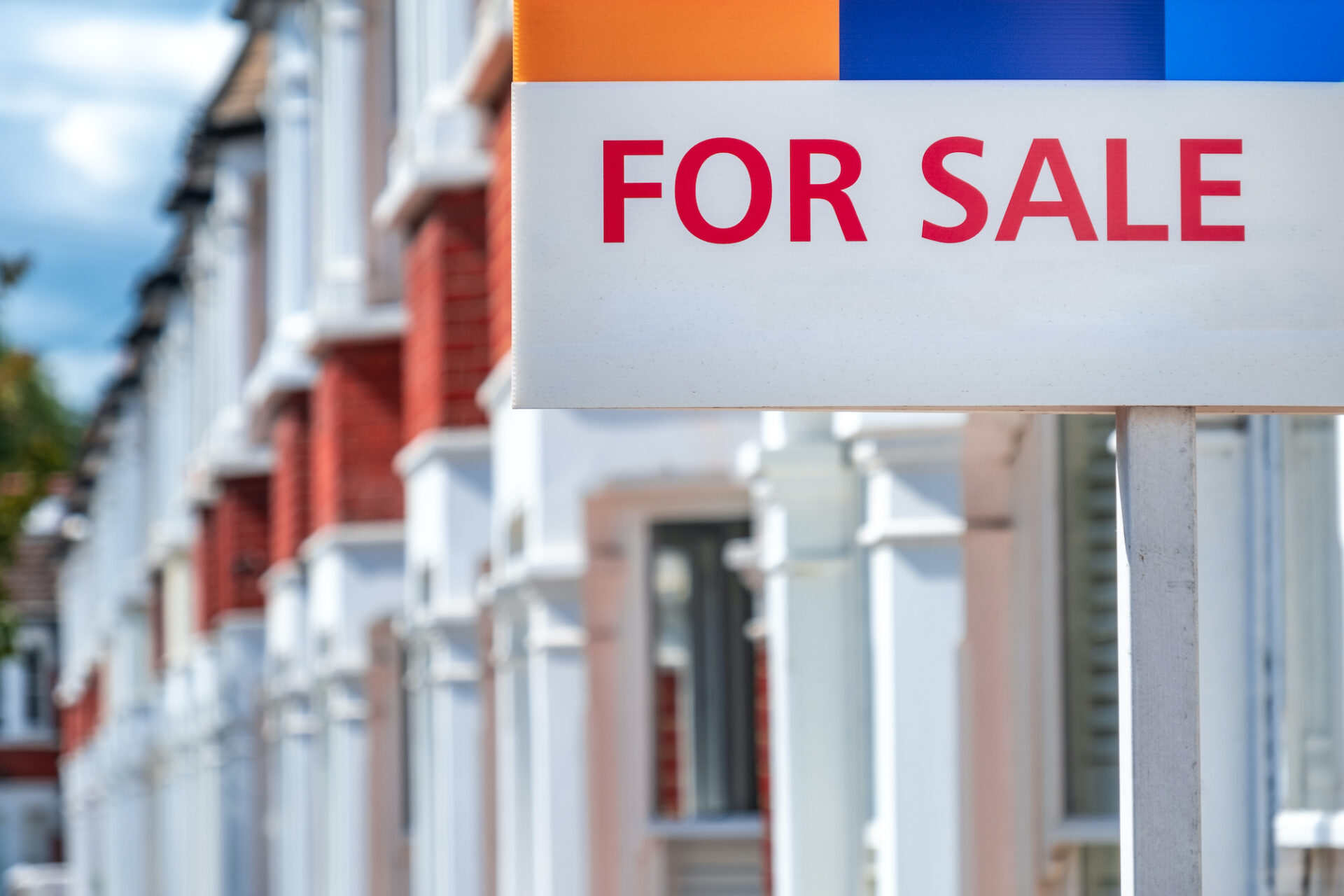Home buyers and sellers are taking a more optimistic view of the housing market.
The Fannie Mae Home Purchase Sentiment Index increased 9 points in June to 76.5, driven by more optimistic views of homebuying and selling conditions, as well as positive views about the potential for home price appreciation.
For the year, the index remains down 15 points amid the coronavirus pandemic.
“A second month of improvement in June allowed the HPSI to regain some of the sharp losses in optimism observed in March and April,” said Doug Duncan, Senior Vice President and Chief Economist at Fannie Mae. “The share of renters who say it’s a good time to buy a home is now at its highest level in five years, suggesting favorable conditions for first-time homebuying, consistent with the recent rebound in home purchase activity.”
Survey highlights include:
Good/Bad Time to Buy: The percentage of respondents who say it is a good time to buy a home increased from 52 percent to 61 percent, while the percentage who say it is a bad time to buy decreased from 39 percent to 27 percent.
Good/Bad Time to Sell: The percentage of respondents who say it is a good time to sell a home increased from 32 percent to 41 percent, while the percentage who say it’s a bad time to sell decreased from 62 percent to 48 percent.
Home Price Expectations: The percentage of respondents who say home prices will go up in the next 12 months increased this month from 26 percent to 34 percent, while the percentage who said home prices will go down decreased from 35 percent to 25 percent. The share who think home prices will stay the same increased from 30 percent to 31 percent.
Mortgage Rate Expectations: The percentage of respondents who say mortgage rates will go down in the next 12 months decreased this month from 25 percent to 17 percent, while the percentage who expect mortgage rates to go up increased from 25 percent to 32 percent. The share who think mortgage rates will stay the same decreased from 43 percent to 42 percent.
Job Concerns: The percentage of respondents who say they are not concerned about losing their job in the next 12 months decreased from 75 percent to 74 percent, while the percentage who say they are concerned increased from 24 percent to 26 percent.
Household Income: The percentage of respondents who say their household income is significantly higher than it was 12 months ago increased from 18 percent to 25 percent, while the percentage who say their household income is significantly lower decreased from 19 percent to 16 percent. The percentage who say their household income is about the same decreased from 61 percent to 58 percent.
“Homeowners seem to have taken note of the resulting lack of housing supply, with an increased share saying it’s a good time to sell a home,” Duncan said. “However, this activity may cool again in the coming months, depending on the extent to which it can be attributed to consumers having chosen to delay or to accelerate homebuying plans due to the pandemic.”
